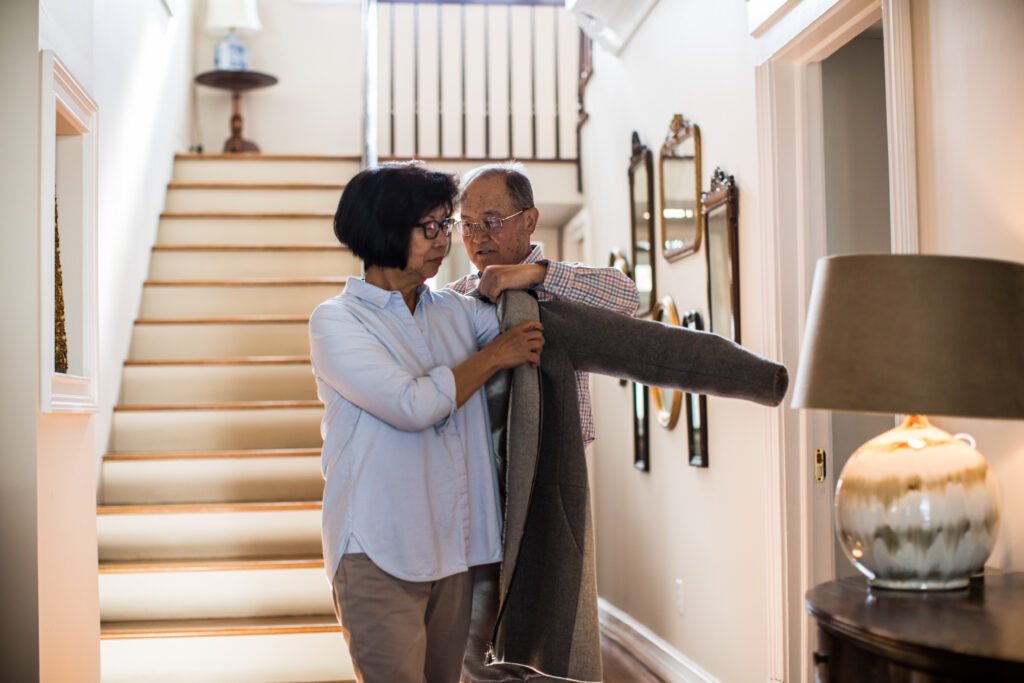Talking to your doctor

Deciding whether to join a clinical trial isn’t always an easy decision. You want to make sure that you’re informed and feel comfortable with your decision.
Since your doctor knows you and your medical history, they can help you decide if taking part is the right choice. Set up a doctor visit or, as part of your next visit, share information about the trial and be ready to answer questions, such as:
- What can you tell me about this clinical trial? Where can I get additional information?
- What are the risks and benefits if I participate?
- Will I be able to keep seeing you as my current doctor, or do I have to switch to the trial doctor?
- If I have to switch, will I still be able to see you too?
- Are there any concerns with drug interactions between this investigational treatment and the medications I’m currently taking?
- What other options are there besides this clinical trial?
You can find answers to some of the above questions in the clinical trial listing. We have an “Understanding a clinical trial listing” guide to help you.

